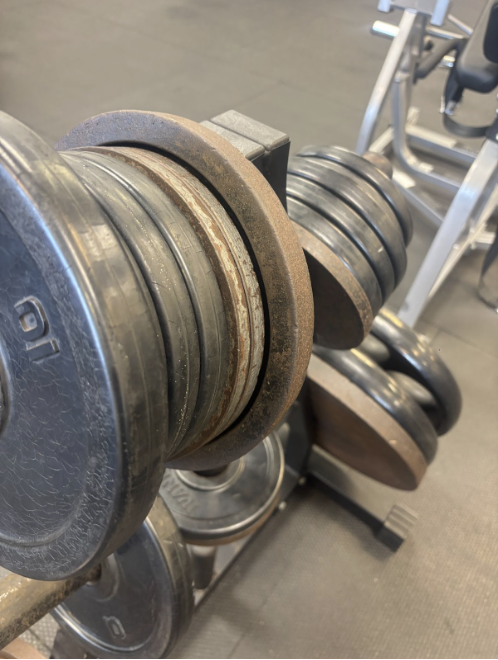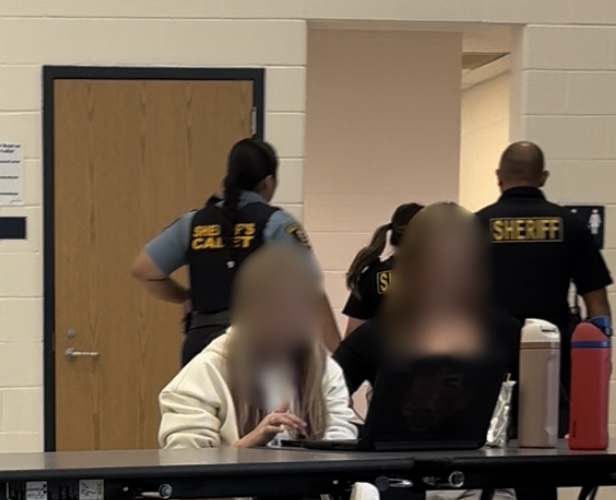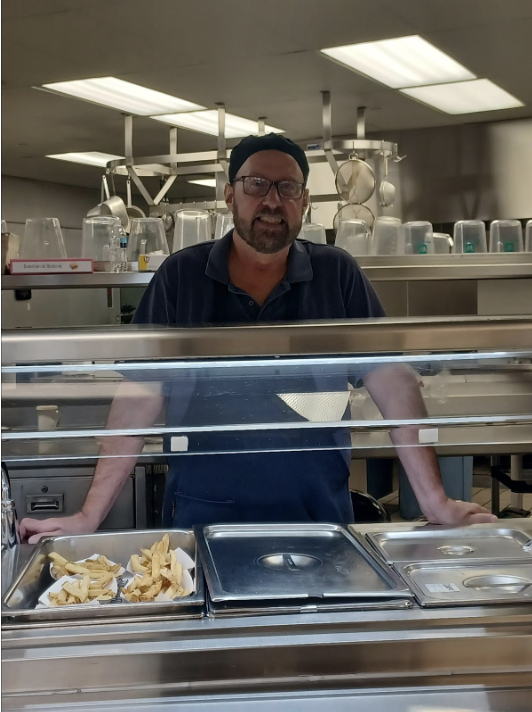In recent years, students’ opinions on the quality of Kaneland High School’s boys bathrooms have gone down immensely. Between difficulties finding necessary materials, unsanitary conditions and a lack of functional components, students are having issues finding a fully functioning bathroom, leading to a feeling of disrespect.
“In full, the quality of the boys bathrooms is really bad because they are never taken care of,” sophomore Charlie Nordell said. “Everything is always either dirty or disgusting, and the soap and paper towel dispensers are never working or filled up.”
In the time Nordell has been in high school, he has consistently dealt with problems in the bathrooms.
“It makes me feel not taken care of. We’re here to learn, and if we need something, we should be provided it,” Nordell said. “If we have to use the bathroom, we should be able to use it without having to find one that has paper towels or going to a different bathroom across the school that has all the working toilets.”
Nordell is not the only person having these issues, however.
“In general, [the boys bathrooms] could be better. They are usable but not always a joy to use,” senior Tommy Whitney said.
Whitney’s problems do not lie exclusively with the bathrooms, but also with those who use them.
“Most of the problems I find [involve] the other students who go in there, but there are common issues of soap machines or paper towel dispensers not working. In general, my biggest complaint would be the other people who use the bathrooms,” Whitney said. “People are loud, people are annoying and people trash the place, which is not the staff’s fault. I’ve been encountering problems like these since middle school.”
These sorts of problems are not limited to the boys bathrooms. Junior Emma Pernice has encountered similar issues in the girls bathrooms.

“The girls bathrooms are probably better than the boys,” Pernice said. “I’ve heard bad things about the boys bathrooms, but the girls bathrooms are very poor quality, especially the C-hallway bathroom. It is falling apart. Some of the toilets don’t even have toilet seats on them, and the paper towels never work.”
While some students do treat the bathrooms irresponsibly, many common problems for students relate to a lack of necessary materials in the first place. Like other students, Nordell and Whitney have grown tired of the lack of resources in some bathrooms and have even tried to take matters into their own hands.
“So far in the past year, we have been missing a stall door on the only stall in the [F-hallway boys] bathroom. So me and a few other students have taken action, and we bought a shower curtain to put up in there so we can actually use that bathroom instead of having to walk all the way to the cafeteria or auditorium bathrooms,” Nordell said. “Also, the soap dispenser never works in there, so we had to buy our own soap bottles so we could actually wash our hands. There’s also a missing mirror in that bathroom.”
In some cases, bathrooms are missing necessary components as a result of vandalism, but Nordell finds that to be an issue of the past.
“I personally haven’t done any vandalism, but I would say it’s fair to [not trust the students]. However, most of those students have graduated,” Nordell said. “So now, the bathrooms for us underclassmen, who are still here and have years to come, are in bad conditions.”
While these problems may seem obvious to the students who are regularly using the bathrooms, staff members may not be aware unless they are told about the issues. Dean of Students Noel Escamilla commented on why this is the case.
“No one informs a staff member that there are things out. We don’t know. Once we do, we let the custodial staff know and they tend to it within that first 5-10 minutes,” Escamilla said. “Reach out and let us know, and help be our eyes because the people using those bathrooms are the students, not the staff.”
Whitney understands the possibility of students who participated in vandalism still attending Kaneland today but has noticed a change in behavior.
“I think it’s ironic because the same kind of students who were involved in the issues in the first place are now looking back and trying to fix it years after it happened,” Whitney said. “I think there could definitely be an issue of not trusting the student body, which is fair after their repeated behavior, but I think that we’re at a point now where, now that we’ve gone so long without those problems, we know how to value them more and treat them better.”

















